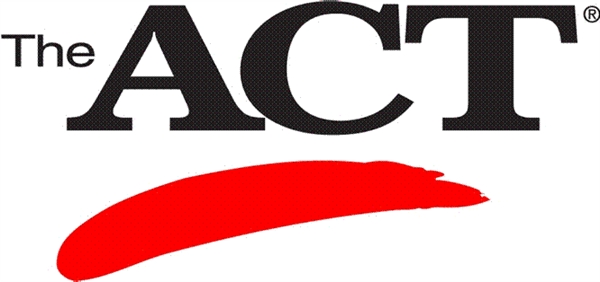As the new school year quickly gets underway, high school Juniors and seniors around the country are compelled to begin thinking about college and post-high school plans. Building a college resume is quite a process, as GPA, leadership, community service and extracurriculars are all crucial to improving chances of acceptance. No application is truly complete without the coveted standardized test score.

Be it the SAT or ACT, both three-letter acronyms have the power to strike fear in the hearts of students everywhere. Preparation for such a test is beginning earlier than ever as acceptance rates become more competitive, and taking such prep courses starting as early as Sophomore year is no longer unreasonable.
With careful preparation and dedication, attaining a superb score is feasible, but despite this, new information suggests that colleges are not weighing these scores as heavily in the admissions process as they once were, admitting to the fact that they aren’t as poignant of a litmus test as once thought.
Interestingly, a trend can be seen in that college admission representatives are now starting to view these scores in a much different light than previously. As it is not uncommon that more and more students with perfect or nearly so GPAs are obtaining what would be considered to be low scores on these exams, there are a variety of lurking variables that influence the points a student earns on these standardized tests. For example, a student who is from a higher income family can afford a tutor or prep class, while those from a more impoverished background cannot; many view this as an unfair advantage. Additionally, while a GPA or class rank is based off the work done by students over the course of three years, displaying work ethic and drive, while a SAT score, for example, is an indication of how well that student did on one exam.

In response to this, besides how heavily these scores weigh on the admission decisions, some colleges are also beginning to not make these scores an application requirement, allowing a student to submit an additional essay or give them an opportunity to share more about themselves in some sort of supplemental writing.
Despite this, some argue the SAT or ACT is, in fact, a good indicator of baseline knowledge on a standardized level, which many support as a valid rebuttal. Because of logical response, these tests are not yet obsolete in our society and doing well on them will have a bit of pull in your future, so preparation can be essential in obtaining a score that you feel exemplifies your ability. Below are just a few tips and hints that can be most helpful in this testing process:
- Take the PSAT or PACT starting as early as possible, even taking it freshman and sophomore year isn’t a bad idea. This will give you a baseline score to go off of and see where and in which section you need the most improvement on, the more you take these tests the better opportunity you have to do well.
- Understand and evaluate which test (SAT or ACT) is best for you. There are very few colleges that require both tests, that has become a bit of an Urban Myth, and knowing the difference between the two tests can help you optimize your results
- Prep-getting a tutor, a review book, or taking a class can be very helpful in understanding the types of questions asked, strategies, and you are also held accountable for and encouraged to take practice tests
- Register early and know the test dates well in advance. These test days fill up fast, register early so that you are able to take the test at your own school, as taking the test in a familiar environment can be important in influencing your success



































Anon • Nov 7, 2016 at 1:19 PM
wow!